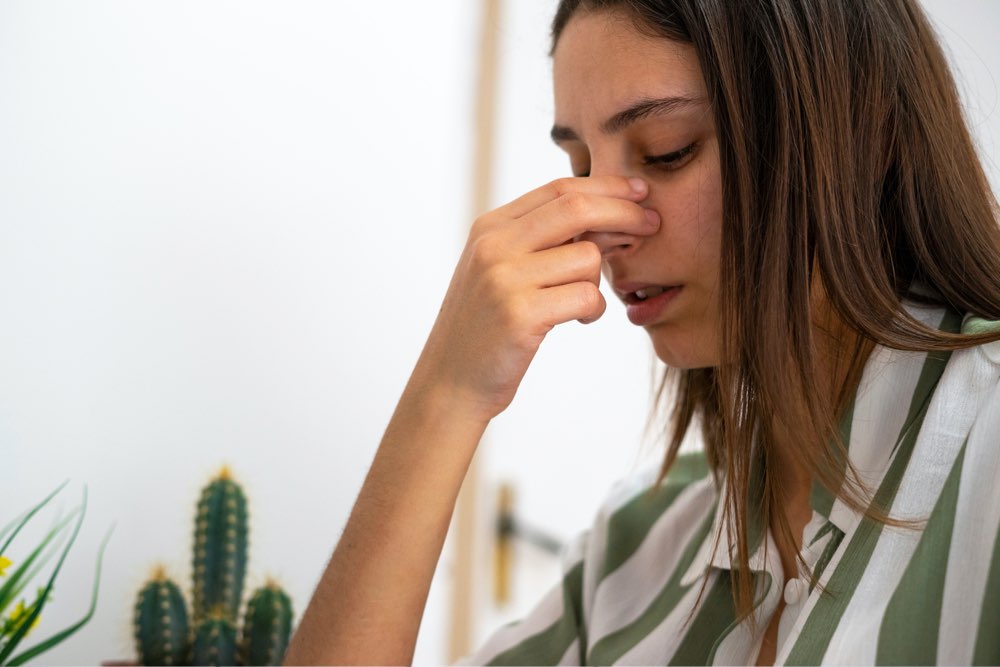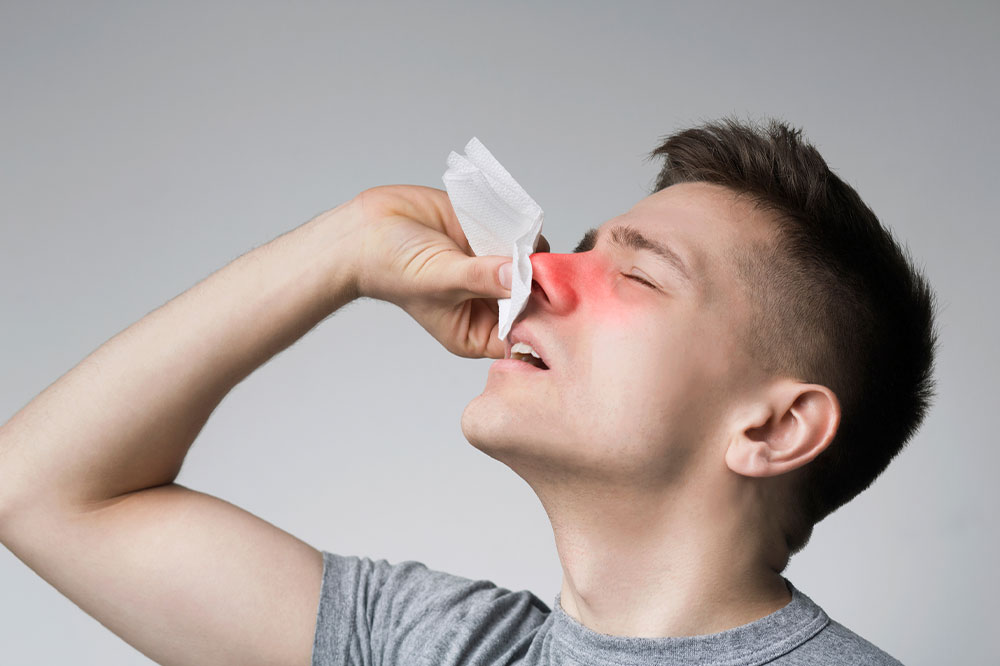Understanding Nasal Polyps: Causes, Symptoms, and Treatment Options
This article explains nasal polyps, covering their causes, symptoms, and treatment options. It highlights the role of sinus inflammation, common signs like nasal congestion and pressure, and discusses both medication and surgical interventions. Understanding these aspects can help in early detection and effective management of nasal polyps to improve nasal health and breathing quality.

Understanding Nasal Polyps: Causes, Symptoms, and Treatment Options
Nasal polyps are benign growths that develop on the mucous membrane lining the nose and sinuses. These teardrop-shaped growths can obstruct airflow and are often found hanging from the nasal tissues. Chronic sinus inflammation and persistent irritation are common factors contributing to polyp formation, although the exact cause remains unknown. Thankfully, most cases can be managed with medication, and in some instances, minor surgery may be necessary for lasting relief. Continue reading for essential insights about nasal polyps.
What leads to the formation of nasal polyps?
Inflammation of the sinus lining, known as chronic rhinosinusitis, is a primary contributor. When sinus inflammation lasts more than 12 weeks, it is considered chronic. Abnormal immune responses and mucus membrane issues can also promote growth, though the precise trigger is not fully understood.
Common symptoms of nasal polyps include:
Difficulty breathing and a reduced ability to smell, often accompanied by nasal blockage and facial pressure.
Persistent nasal congestion leading to mucus dripping down the throat, called postnasal drip.
Heavy mouth breathing, which can cause sleep disturbances like sleep apnea.
Other symptoms may include coughing, facial pain, headaches, and itching around the eyes, especially if concurrent sinus infections occur.
Available treatments for nasal polyps
The approach varies based on severity, typically starting with medications and possibly progressing to surgical intervention if needed.
Medications
Most treatments involve nasal steroids to reduce inflammation and shrink the polyps, easing nasal congestion and restoring airflow. Decongestants and antihistamines are recommended for allergy-related cases, helping to alleviate swelling and allergy symptoms.
Surgical options
In cases where polyps are large or persistent, endoscopic surgery is recommended. Surgeons remove the polyps, allowing nasal passages to drain properly, improving breathing and overall sinus health.










